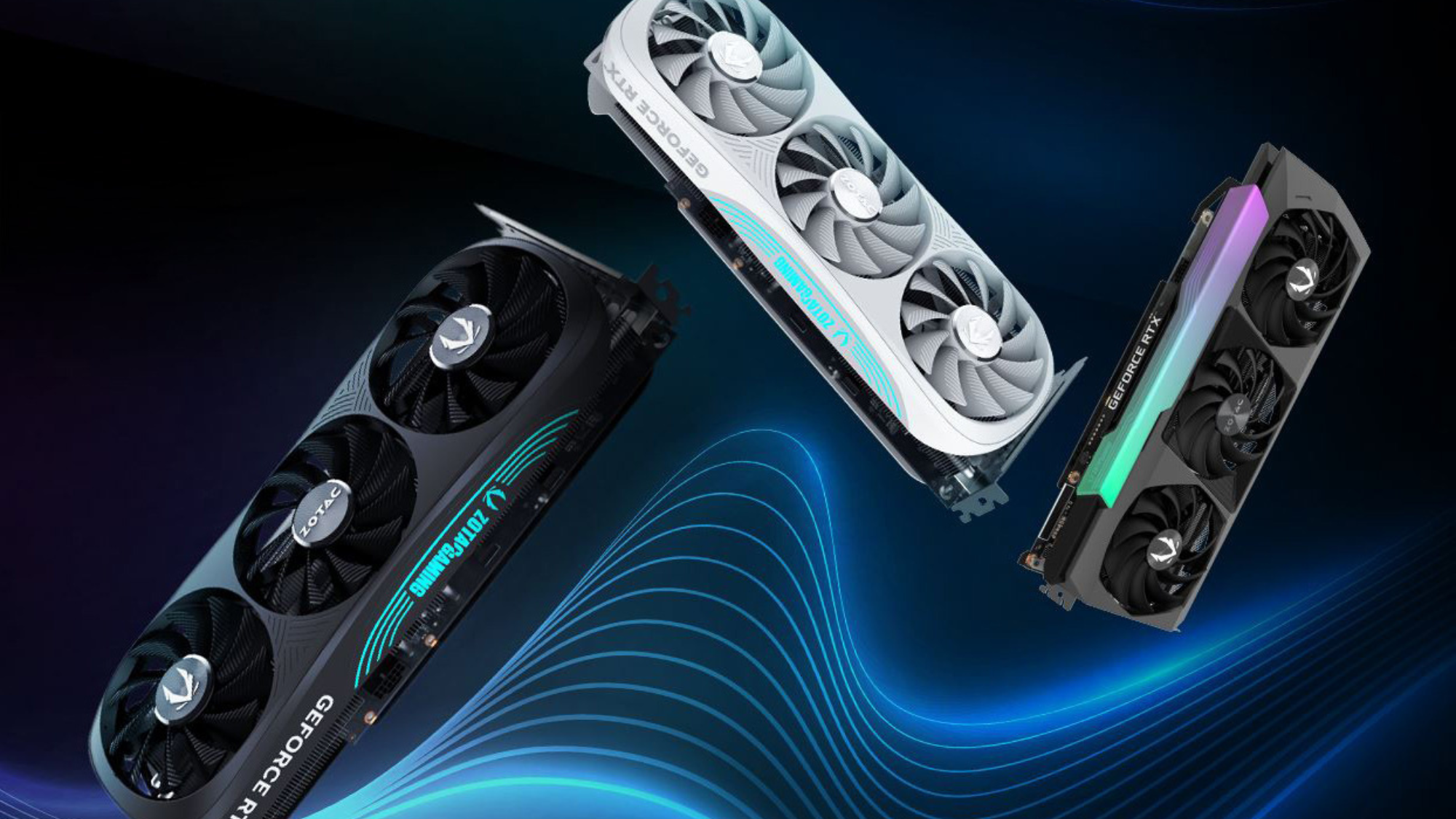
Nvidia RTX 5090 and RTX 5080 GPUs are in short supply, so it isn't surprising that their prices have increased. Newegg had previously replied to a tweet that tariffs were the reason for the price hikes. However, the company has since deleted the tweet and another tweet that said its Blackwell GPUs came from China.
X user Jordan Grussling asked the retailer, “Did the pricing go up on 5080s?” In a quick reply that has since been deleted, Newegg wrote, “Yeah, tariffs.” The U.S. retailer later provided a lengthier response, stating:
"To add clarity, some graphics card prices have increased due to a number of factors that are, unfortunately, out of our control. We know the situation has been confusing and frustrating, but it’s important to know we are doing everything in our power to bring stability to the situation. Additionally, we are also building a new drawing system for hot items, which we will provide more details on when available. We are constantly restocking cards, so be sure to follow us for the latest updates."
Joe Rogano, another X user, questioned the place of origin of Newegg's Blackwell GPUs, asking the store, "Aren’t these GPUs coming from Taiwan and Vietnam also, where there are no tariffs?” Newegg replied with "Our GPUs are from China,” but eventually erased that tweet.
President Trump recently applied a 10% tariff on all Chinese goods, including tech products manufactured within the country. This will affect GPUs manufactured within China and its territories, such as Hong Kong. Asus and MSI have hiked their prices by up to 18%, citing this as one reason for their actions. ASRock is also moving its manufacturing out of the East Asian country, absorbing some of the increased costs while increasing some of its prices to help offset short-term capital expenses.
The price hikes on Newegg listings vary, though, as noted by PCPartPicker. For example, the Asus TUF Gaming OC RTX 5080 launched at $1,349.99, but its latest price is $1,484.99 — a 10% increase. On the other hand, the MSI Gaming Trio OC RTX 5080 went up to $1,429.99, jumping by 17% from its original price of $1,219.99. The Gigabyte Aorus Master RTX 5080 also experienced a 13% price hike, with the GPU now going for $1,479.99 from its original $1,299.99 price. We’ve also seen similar price hikes across RTX 5090 GPUs.
Unfortunately, these price hikes are disproportionately affecting gamers and enthusiasts. They are likely caused by a lack of supply on Nvidia’s side, some manufacturers resorting to directly selling to their customers to stop scalpers, global and local geopolitics, and plain old greed.
Consumers have no recourse but to wait for supply to normalize and avoid purchasing GPUs from scalpers. However, we will have to roll with the punches as China and the U.S. are engaged in a trade war that would make goods like these more expensive for the everyday PC enthusiast.







